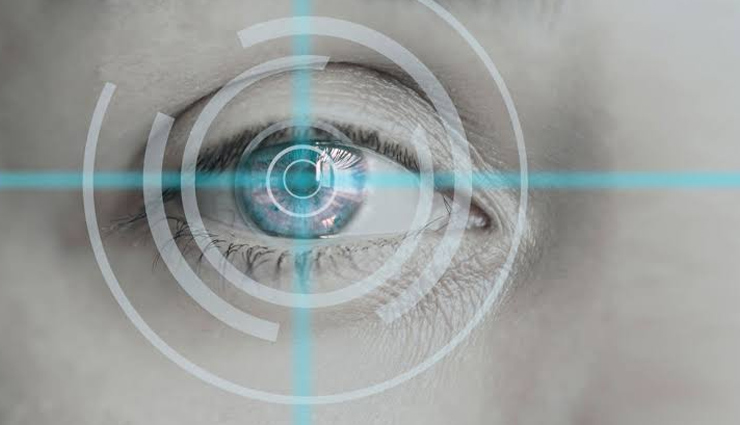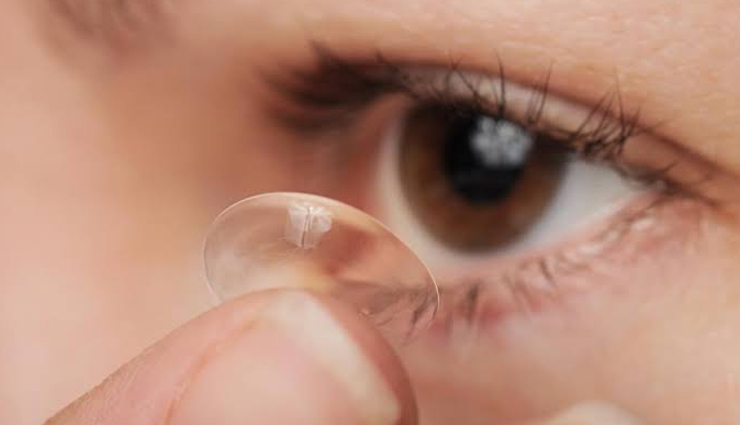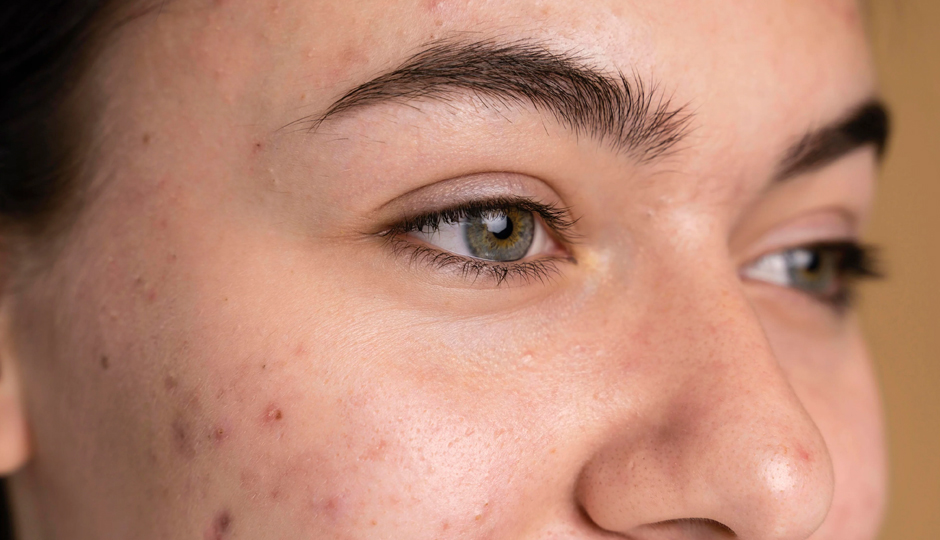- Home›
- Healthy Living›
- Few Tips To Improve And Save Your Eyesight Effortlessly
Few Tips To Improve And Save Your Eyesight Effortlessly
By: Kanika Sat, 01 Feb 2020 11:45:08

Vision problems are quickly becoming a common disease in this day and age. With an exponential increase in the number of hours we spend in front of a screen, the phenomenon comes as no surprise. Even children are spending more time in front of computer or TV straining their eyes for no reason.
Regular Eye Exams
Having a comprehensive dilated eye exam is the only way for people to be sure that their eyes are fully healthy. During this examination, an eyecare professional uses special drops to widen the person's pupils, which allows them to see into the back of the eyes and look for problems.
Screen Breaks
Working on computers or focusing on one thing for extended periods can cause eyestrain or fatigue. People who spend a lot of time in front of computers or mobile devices may wish to try the 20-20-20 rule. Every 20 minutes, look away from the screen at something around 20 feet away for 20 seconds. This exercise can help to reduce eyestrain.
Controlling Diabetes
High levels of sugar in the blood can gradually damage the blood vessels in the retina, causing them to become swollen, leaky, or blocked. This can also result in the growth of scar tissue and new, abnormal blood vessels. Without treatment, diabetic retinopathy can lead to impaired vision and eventually blindness.
Managing Chronic Conditions
There are other health conditions besides diabetes that can contribute to vision problems.The CDC report that people aged 65 years or older who have vision impairment are more likely to have a chronic condition.
These conditions include:
- high blood pressure
- heart disease
- high blood cholesterol
- cancer
- kidney disease
- stroke
- arthritis
- hepatitis
- asthma
- depression

Vitamins
The best way for a person to ensure they are getting enough of these vitamins is to eat a varied, balanced diet that is rich in fruits and vegetables. Good sources of vitamins A, C, and E include:
- broccoli
- oranges
- papaya
- sweet potato
- spinach
- carrots
- red peppers
- pumpkin
- almonds
- peanut butter
- sunflower seeds
Carotenoids
Carotenoids are present in the retina and may help to limit oxidative damage. Green, leafy vegetables are rich in lutein and zeaxanthin, but a person can also take them in supplement form. A range of dietary supplements containing lutein and zeaxanthin.
Quitting smoking
Science has clearly established that smoking is bad for a person's health and can cause cancer. However, many people may not realize that there is also a link between smoking and a number of eye diseases. Smoking increases the risk of age-related macular degeneration, cataracts, and uveitis. It can also increase the risk of diabetic retinopathy.

Good hygiene
It is important for people to wash their hands thoroughly before touching their eyes or handling contact lenses. It is sensible to always carefully follow the manufacturer's or doctor's instructions for disinfecting and replacing contacts.
Know your family history
Some eye diseases can run in families. People may wish to talk to their close relatives to find out about their eye health history. Knowing about eye conditions that run in the family can allow a person to take precautions. It is also necessary for people to inform healthcare professionals and eye doctors about their family history.
Eye conditions that can run in families include:
- age-related macular degeneration
- cataracts
- glaucoma
- optic neuropathies
- myopia

Protective eyewear
Eye injuries can result from a range of everyday activities including household chores, playing sports, or working with certain types of equipment or in potentially hazardous environments. Protective eyewear can help prevent injury, damage, and irritation to eyes from impacts, debris, and chemicals. Depending on the activity, appropriate protection can include:
- safety glasses
- goggles
- face masks, shields, and visors
- helmets
Sunglasses
Sunglasses are not just a fashion accessory, as they also help protect the eyes from ultraviolet (UV) light. Excessive UV exposure can damage the eyes. UV light can also increase a person's risk of:
- cataracts
- eye cancer
- growths on the eyes, such as pterygium





